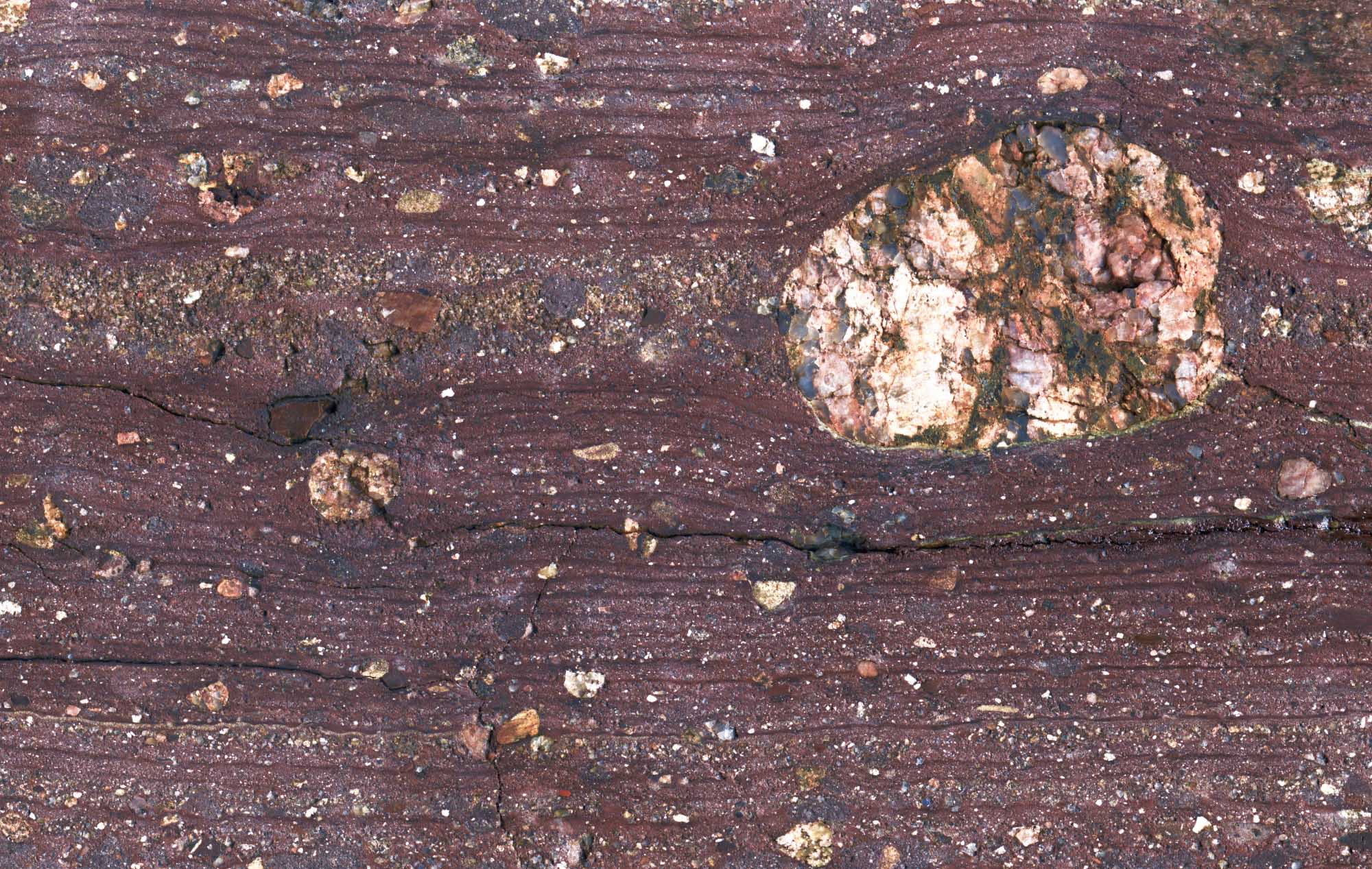 Scott, Yuem and Mulubrhan in the Samre area
Scott, Yuem and Mulubrhan in the Samre area
Geologic evidence for an icehouse Earth before the Sturtian global glaciation
Abstract
Snowball Earth episodes, times when the planet was covered in ice, represent the most extreme climate events in Earth’s history. Yet, the mechanisms that drive their initiation remain poorly constrained. Current climate models require a cool Earth to enter a Snowball state. However, existing geologic evidence suggests that Earth had a stable, warm, and ice-free climate prior to the Neoproterozoic Sturtian global glaciation (ca. 717 Ma). Here, we present eruption ages for three felsic volcanic units interbedded with glaciolacustrine sedimentary rocks from southwest Virginia, USA, that demonstrate that glacially influenced sedimentation occurred at tropical latitudes ca. 751 Ma. Our findings are the first geologic evidence of a cool climate teetering on the edge of global glaciation several million years prior to the Sturtian Snowball Earth.
More detail can easily be written here using Markdown and $\rm \LaTeX$ math code.